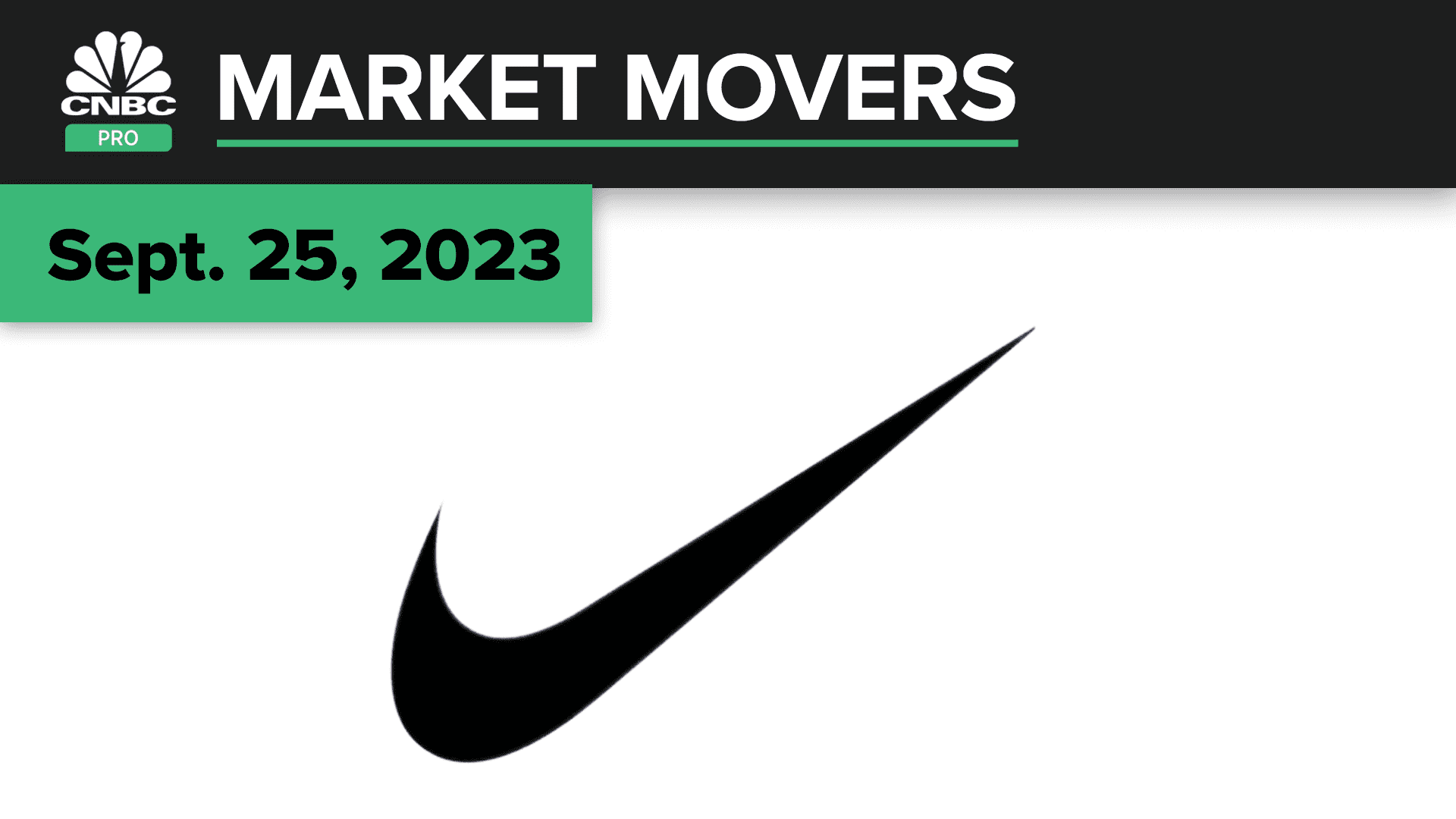Understanding Dasani's Absence From The British Market

Table of Contents
The 2004 Launch Failure and its Fallout
The story of Dasani in the UK begins and, arguably, ends with its disastrous 2004 launch. This ill-fated attempt to conquer the British bottled water market resulted in a swift and ignominious retreat. The problem stemmed from contamination concerns: high levels of bromate, a potentially carcinogenic chemical, were detected in the water. This discovery sparked a firestorm of negative publicity.
The subsequent product recall was massive, costing Coca-Cola, Dasani's parent company, significant financial losses and severely damaging their brand reputation. The incident became a cautionary tale in product safety and marketing strategy.
- High levels of bromate detected: This was the primary cause of the crisis, raising serious public health concerns.
- Public health concerns and regulatory scrutiny: The discovery led to intense scrutiny from health authorities and regulatory bodies.
- Massive product recall and significant financial losses: The scale of the recall was enormous, resulting in substantial financial losses for Coca-Cola.
- Damage to Coca-Cola's brand image: The negative publicity tarnished Coca-Cola's reputation, impacting consumer trust.
Water Treatment and Regulatory Differences
A key factor contributing to Dasani's failure and continued absence is the difference in water treatment regulations between the US and the UK. The UK boasts stricter standards for purified water, particularly regarding acceptable levels of bromate. Meeting these stringent regulations presents significant challenges and higher costs for water purification processes.
The regulatory environment in the UK likely played a crucial role in Coca-Cola's decision not to relaunch Dasani. The costs associated with ensuring complete compliance with UK water quality standards may have been deemed prohibitive compared to the potential market share.
- Differences in acceptable bromate levels: The UK has significantly lower acceptable limits for bromate than the US.
- Stringent quality control measures in the UK: The UK has rigorous quality control processes for bottled water, making compliance demanding and expensive.
- Higher costs of compliance for purified water: Meeting UK standards necessitates substantial investments in advanced water treatment technologies.
Market Competition and Brand Strategy
The UK bottled water market is highly competitive, dominated by strong established brands with significant consumer loyalty. Entering this saturated market requires substantial investment and a robust marketing strategy. Coca-Cola's overall brand strategy in the UK appears to prioritize its other beverage brands, potentially diminishing the perceived need to invest heavily in a Dasani relaunch.
A cost-benefit analysis likely concluded that the potential return on investment for reintroducing Dasani to the UK market didn't justify the financial risk involved, especially given the previous failure and the strong competition.
- Strong presence of established UK bottled water brands: Brands like Highland Spring and Buxton enjoy significant market share and consumer trust.
- Coca-Cola's focus on other beverage brands in the UK market: Coca-Cola's portfolio already includes popular brands, diverting resources and attention away from Dasani.
- Cost-benefit analysis of relaunching Dasani in the UK: A detailed analysis probably showed a low return on investment given the risks and challenges.
- Potential market saturation: The already saturated market makes it difficult for new brands to gain significant traction.
Consumer Perception and Brand Loyalty
Perhaps the most significant hurdle for a Dasani relaunch is the lingering negative consumer perception resulting from the 2004 incident. Rebuilding trust and brand loyalty after such a major setback is a monumental task. British consumers may still associate Dasani with the bromate contamination, making them hesitant to embrace the brand.
Consumer preferences in the UK also lean towards locally sourced and established brands, reinforcing the challenge for an international brand like Dasani to gain significant market share.
- Negative consumer sentiment towards Dasani in the UK: The 2004 incident created lasting negative associations with the brand.
- Difficulty in overcoming the negative publicity: Eradicating the negative memories associated with the 2004 recall is extremely difficult.
- Consumer preference for local and established brands: British consumers generally prefer bottled water brands with a strong local presence and reputation.
Conclusion: Understanding Dasani's Continued Absence
In conclusion, Dasani's absence from the British market is a result of several interconnected factors. The catastrophic 2004 launch, stringent UK water regulations, fierce market competition, and enduring negative consumer perception have collectively created an insurmountable barrier to re-entry. Coca-Cola's decision to not relaunch Dasani appears to be a pragmatic assessment of the challenges and risks involved.
What are your thoughts? Do you believe Dasani's UK market potential is still viable? Could a carefully planned relaunch, addressing past concerns and emphasizing new safety standards, succeed? Let's discuss the future of Dasani in Britain in the comments below.

Featured Posts
-
 Roma Monza Sigue El Partido En Directo
May 15, 2025
Roma Monza Sigue El Partido En Directo
May 15, 2025 -
 Angstcultuur Bij De Npo Tientallen Medewerkers Spreken Zich Uit Tegen Baas
May 15, 2025
Angstcultuur Bij De Npo Tientallen Medewerkers Spreken Zich Uit Tegen Baas
May 15, 2025 -
 Jalen Brunson Injury Knicks Face Extended Absence Of Key Player
May 15, 2025
Jalen Brunson Injury Knicks Face Extended Absence Of Key Player
May 15, 2025 -
 Steffens Subpar Game Earthquakes Lose To Rapids
May 15, 2025
Steffens Subpar Game Earthquakes Lose To Rapids
May 15, 2025 -
 Will Nikes Q3 Results Hurt Foot Locker Jefferies Prediction
May 15, 2025
Will Nikes Q3 Results Hurt Foot Locker Jefferies Prediction
May 15, 2025
